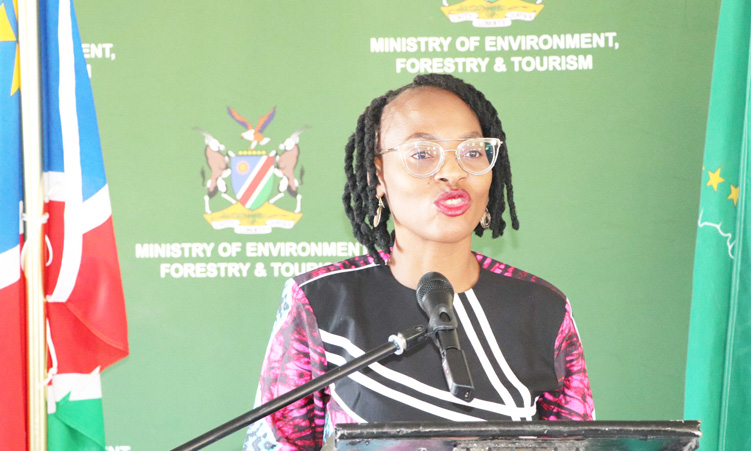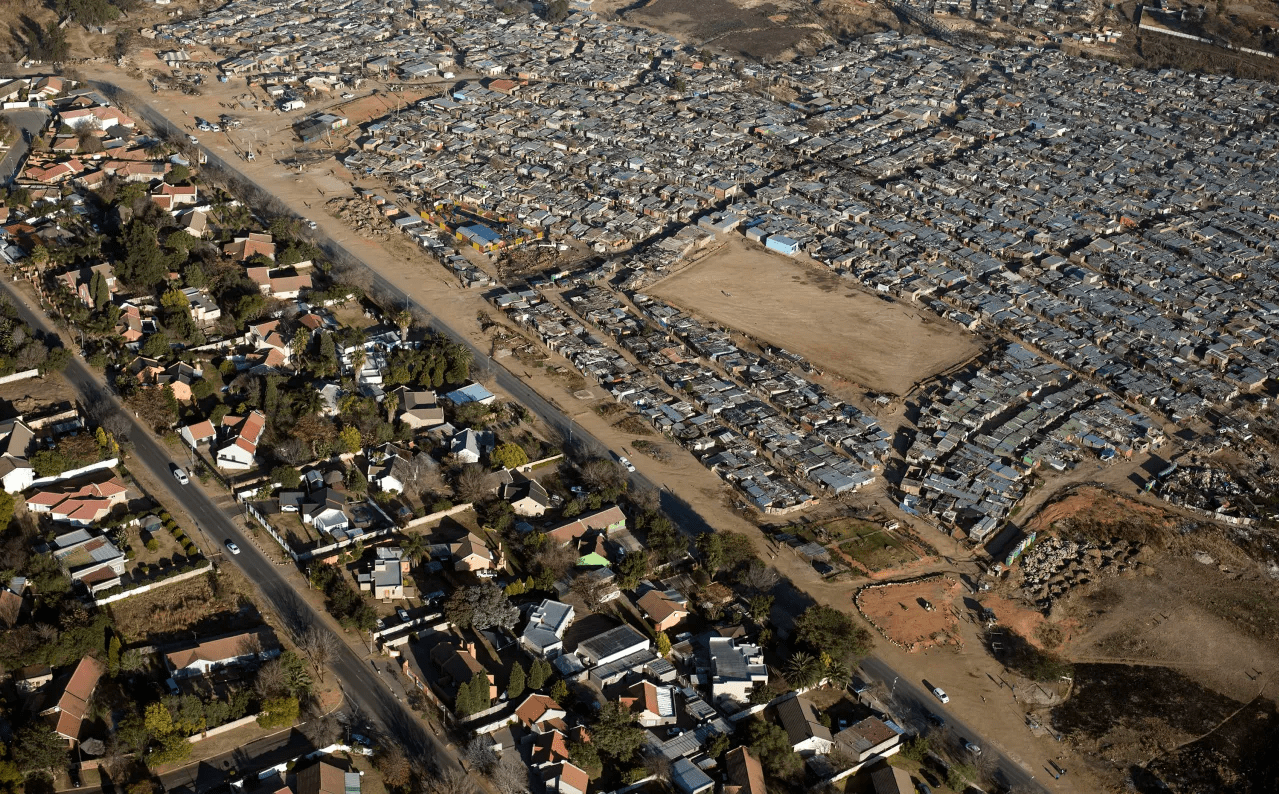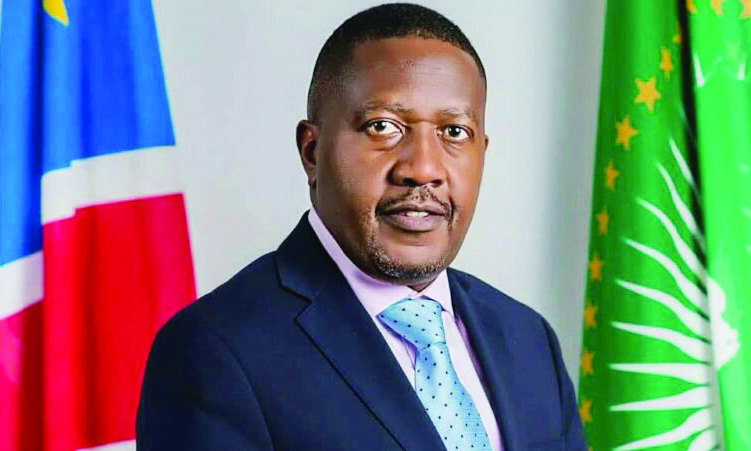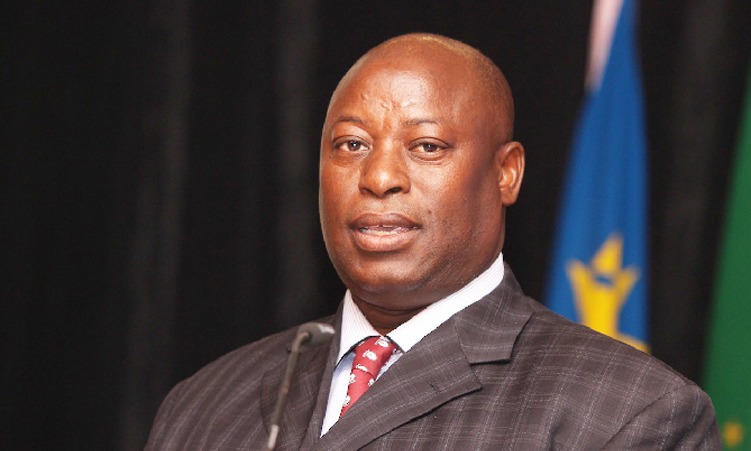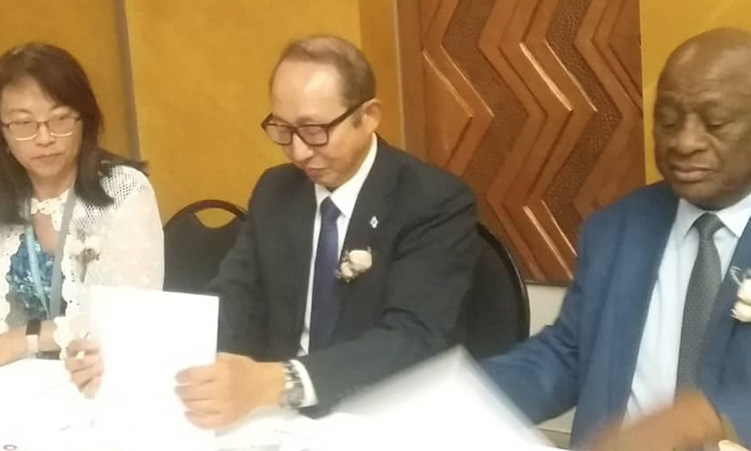Deputy minister of environment, forestry and tourism Heather Sibungo says environmental education and education for sustainable development can reduce the extent of challenges experienced with global biodiversity losses.
Sibungo was speaking at the International Day of Biological Diversity, commemorated on Saturday at Gibeon in the Hardap region under the theme: ‘From agreement to action-building back biodiversity’.
Biological diversity includes plant varieties, animals, micro-organisms and genetic differences within each species, upon which Namibia builds and develops its economy to improve the welfare of citizens.
“Transformative thinking and a change of attitude towards nature at societal level, where all economic agents in the various sectors of the economy assess and reflect upon their dependencies and impacts on the environment and adopt environmentally friendly measures, is the best option for reducing biodiversity loss,” said Sibungo.
Namibia has declared more than 10% of its marine and coastal ecosystems as protected areas, and together Namibia’s terrestrial and marine ecosystems contribute significantly to global climate change mitigations through nationally determined contributions, said Sibunga.
“Namibia’s network of protected areas, communal conservancies, state forests, community forests, private game reserves and commercial farmlands serve as tools for biodiversity conservation and are home to the country’s abundant biodiversity.
“Through the implementation of the Forest Act 1995 as amended, the ministry protects, manages, maintains and restores terrestrial forests. Therefore, the ministry also has nurseries, and provides extension services for the development of orchards and tree planting in general. We also carry out forestry research services, compiling forestry inventories, as well as Namibia’s biodiversity taxonomy,” said Sibunga.
The deputy minister said the main drivers of biodiversity loss are climate change, invasive alien species, the over-exploitation of natural resources, pollution, conversion of land to agriculture and urbanisation.
“Governments around the world identified the link between climate change and biodiversity loss and are dealing with these issues through different international agreements – the UN Framework Convention on Climate Change and the UN Convention on Biological Diversity, established at the 1992 Rio de Janeiro Earth Summit.
“This day we celebrate with a renewed sense of hope following the adoption of the Kunming-Montreal Global Biodiversity Framework at the 15th Conference of Parties to the UN Convention on Biological Diversity.
“Namibia is committed to the full implementation of the newly adopted framework and its protocols and have started consultations with stakeholders to review achievements and challenges that will inform the formulation of the country’s National Biodiversity Strategy and Action Plan 2 for the period of 2022-2030,” said Sibunga.
Gibeon Village Council chairperson Sharon Bezuidenhout said the time for talking is over and the time for real change is now, which can be seen and felt on the ground.
“I am encouraged that our community is becoming more aware of and involved in protecting biodiversity. Your presence here today shows that you care deeply concerned about solving the problems we face. I’m sure that the knowledge, hard work and collective wisdom in this room will help us find answers that will change the world,” said Bezuidenhout.
International Day for Biological Diversity is endorsed by the United Nations General Assembly as the International Day for the Promotion of Biodiversity Conservation globally, and is celebrated annually on 22 May.
Stay informed with The Namibian – your source for credible journalism. Get in-depth reporting and opinions for
only N$85 a month. Invest in journalism, invest in democracy –
Subscribe Now!


